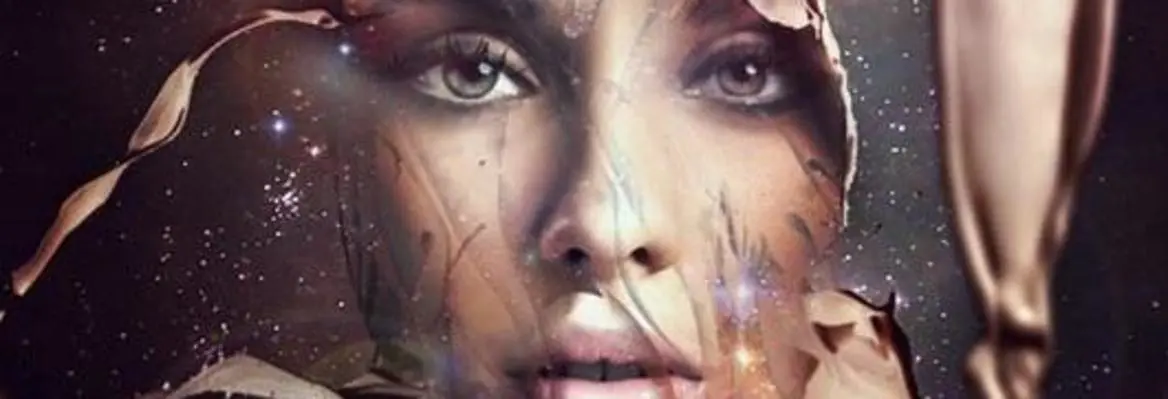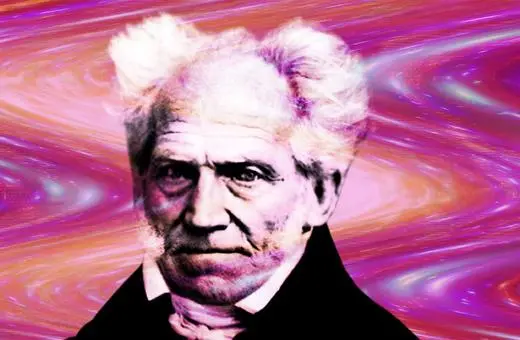A mosquito bite is good way of understanding Deleuze and Guattari’s definition of desire. For them, desire is a cut in a flow and the start of another flow. We see this in the mosquito: interrupted in flight and redirected by our emission of CO2, cutting the flow of our blood for its progeny, but also injecting saliva into our blood flow, leading to the itch.
For Deleuze and Guattari, desire is an explanatory model for all living events, not only the mosquito bite then, but also our subsequent behaviour, when we scratch to stop the flow of irritation from the swelling. Desire explains why we act in certain ways and what goes on when we do so. It is a very simple model with complex ramifications and surprising implications.
The implication I want to draw attention to is in the distinction between desiring and willing. From Deleuze and Guattari’s point of view it is a common but dangerous mistake to confuse the wide-ranging process of desire, found in plants, animals and humans when a flow is cut and another begins, with the human faculty of willing or wanting something. The distinction is caught in the ambiguity of the word desire.
On the one hand, as a noun, desire can be taken to explain living behaviour. Why do we dress in this way on Friday nights? It is desire. We are driven to cut into the gazes of onlookers and redirect their flows towards parts of our bodies. Animals do the same with mating displays. On the other hand, as a verb, desire is taken to mean to will something, to desire that body so beautifully wrapped.
The serious consequence of mistaking desire for willing is in the inflation of the role of free decisions in living events. If you confuse desire for willing you find a sufficient explanation for scratching an itch in willed decisions: an odd explanation when you wake up in bloody sheets. The confusion of desire with will can lead you to think you and others can choose how you like sex or who you love.
I was once asked how Deleuze and Guattari’s account of desire can overthrow patriarchy. One of the answers is that patriarchy supports itself through the idea of the superiority of male will. This was long used to deny women the vote on the grounds of a lower ability to control desires through will. For Deleuze and Guattari, male dominance has nothing to do with a naturally superior will but only with forms of power over others, such as the cut of a glass ceiling. Patriarchy can be overthrown when we redirect flows and make new cuts…





















Join the conversation